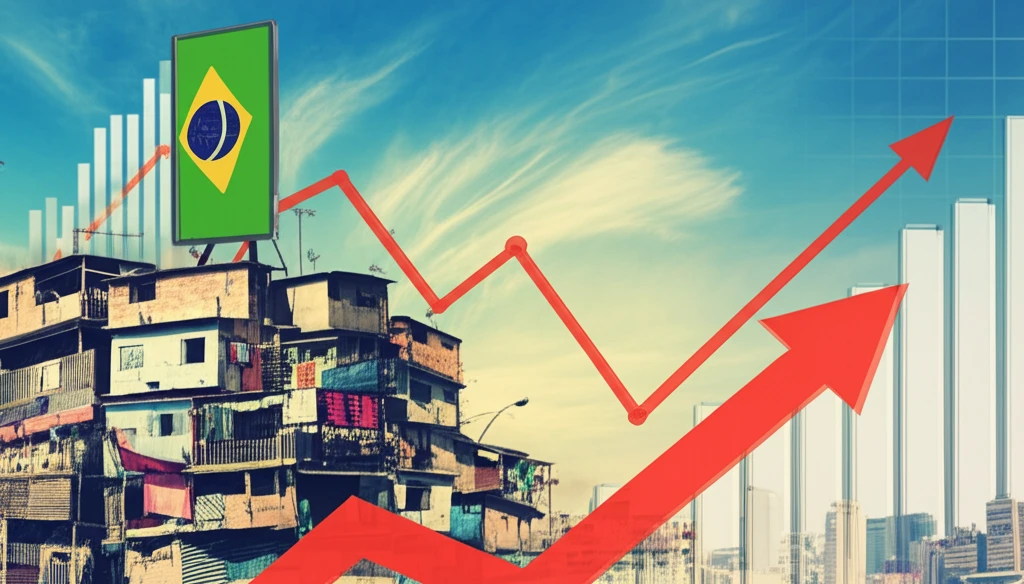
Decoding Inflation: What Brazilian Consumers Can Teach Us
"A deep dive into how everyday Brazilians perceive and predict inflation, and what it means for economic forecasting worldwide."
Inflation isn't just an economic statistic; it's a deeply personal experience. How people perceive rising prices shapes their spending, saving, and overall economic behavior. In Brazil, a country with a history of economic fluctuations, understanding consumer inflation expectations is particularly crucial. This article explores the key factors influencing these expectations, drawing insights from a groundbreaking study on Brazilian consumers.
Imagine trying to plan your family's budget when you're unsure how much prices will rise in the coming months. This is the reality for many Brazilian households, and their perceptions of inflation can significantly impact the country's economic stability. By analyzing a comprehensive dataset that combines consumer surveys, market forecasts, and media coverage, researchers have uncovered surprising insights into how Brazilians form their inflation expectations.
This isn't just an academic exercise. Understanding what drives consumer inflation expectations can help policymakers, businesses, and individuals make more informed decisions. Whether you're managing a household budget, setting prices for your products, or developing economic policy, this article provides valuable insights into the complex world of inflation and how it affects us all.
What Drives Inflation Expectations in Brazil?

A recent study in Estudos Econômicos sought to unravel the mystery of consumer inflation expectations in Brazil. The researchers combined data from several sources, including:
- FGV's Consumer Survey: A detailed survey capturing consumer opinions and expectations about the economy.
- Inflation Indices (IPCA): Official measures of inflation in Brazil.
- Focus Report: Professional inflation forecasts compiled by the Central Bank of Brazil.
- Media Data: News articles related to inflation from Folha de São Paulo, one of Brazil's largest newspapers.
The Bigger Picture: Lessons for Us All
While this study focuses on Brazil, the insights it provides are relevant to understanding inflation expectations in any economy. By recognizing the influence of individual characteristics, media coverage, and past experiences, we can develop more effective strategies for managing inflation and promoting economic stability. Whether you're a policymaker, business leader, or simply a concerned citizen, understanding inflation expectations is essential for navigating the complex economic landscape of the 21st century.
